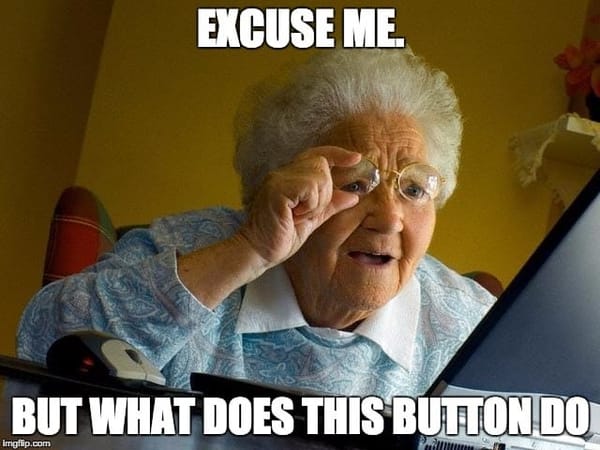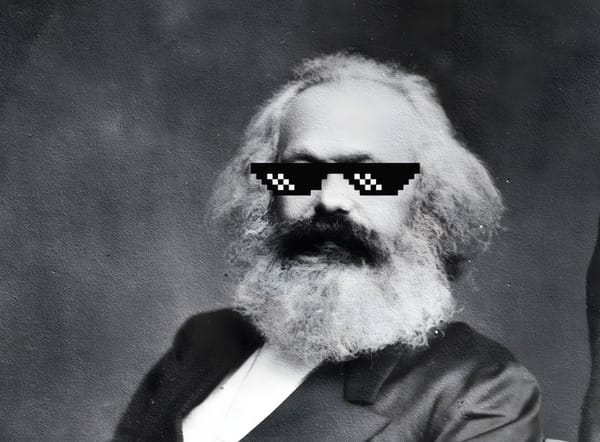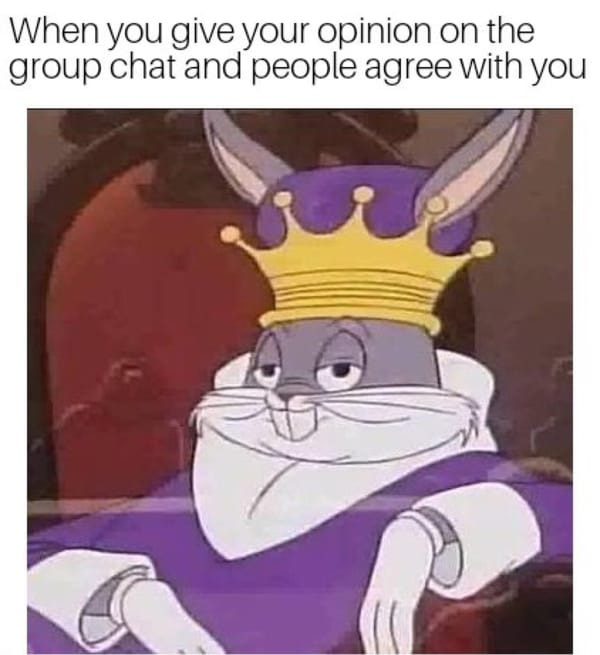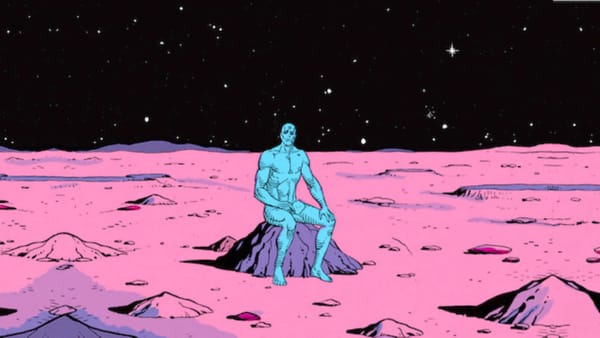Youth In Revolt

Like most people unwilling or unable to part with certain physical objects of apparent personal meaning, I have a box in my closet with a few important and cherished things from my past. A CD of the first Audioslave album, signed by all four members of the band, AKA three-quarters of Rage Against the Machine plus Chris Cornell. A wristband from Coachella 2007, likely soaked in three and a quarter days of ecstasy and whiskey sweat. Around ten hours of mini-DV tapes I shot on my handheld Panasonic video camera throughout my junior and senior years of high school, God only knows what is recorded on them. Every concert ticket stub I purchased between the year 2001 and whenever they stopped issuing physical concert tickets. The final birthday card I received from my grandfather. My law degree. And my college degree, certifying my earning of a Bachelor of the Arts, majoring in Political Science, with a specialization in Middle Eastern history, politics, and religion, from the University of Arizona.
This is a box that I don’t visit or think of very often, but its contents have been on my mind more frequently since October 7, 2023. One particular item figures more prominently in my mind than others. I’ll let you, dear reader, guess which one. Hint: It’s not the middling and poorly-aged Audioslave record.
I don’t think there is a Greek-derived word for “the feeling of being unable to express any opinion whatsoever about a topic for which you are rather uncommonly equipped to express an opinion because of both cultural heritage and tertiary education.” If such a word exists, I imagine it’s something like lethologica (ironically, “the inability to remember a specific word”) or hippopotomonstrosesquippedaliophobia (also ironically, but for different and hopefully obvious reasons, “the fear of long words”). If such a word does not exist, then the description above of the feeling itself will have to suffice to convey the somewhat liminal space in which my mind has resided these past months and a space in which my thoughts continue to sit, unmoving, like Buddha, serene and detached, unwilling and unable to be accessed by my conscious self, as I currently watch the NYPD remove student protesters from the Columbia University campus this evening.
Perhaps my notions and sentiments are not forthcoming because I have studied and understand the absurdly complex nature of what is happening and has been happening in Gaza since well before the rest of the world remembered (or, in some cases, apparently learned for the first time) that Gaza existed on October 7, 2023. Or maybe it’s a latent epigenetic fear of Anti-Semitism, something I have luckily seldom experienced in my life as a “cultural Jew” and an avowed Atheist, except for when people have regularly falsely and stereotypically assumed that I must be wealthy or that I am good at doing maths. I might also just need to fart. Who’s to say?
Whether I’m an overeducated nerd with deep-seated intergenerational neuroticisms and gas is (only somewhat) debatable. Still, there are some things that I can express (only somewhat) comfortably that are not the hidden contours of my repressed emotions and wholly unrelated to the “Palestinian Question” that has existed in Israel since 1948 that tragically mirrors the “Jewish Question” that existed in Germany in 1933.
What I do know that I know, is that students not only have the right to protest war, but they should protest war. It’s what they do and what they have always done. I did it when I was a student against the wars in Iraq and Afghanistan. Our parent’s generation did it in 1968 to protest against the Vietnam War. It’s normal and healthy in a democracy, and any signs of life in youth engagement with political and financial power structures are inherently good because it means a new generation still cares about what happens to the world. I wish that more students exercised their right to free speech and free assembly more often and on more issues, like climate change, women’s bodily autonomy, student debt, income inequality, housing affordability, or any of the other numerous societal, economic, and political maladies that plague us. But it’s hard to argue that war is badbadnotgood and a worthy cause of protest for youth, for it is almost always the youth who suffer the most from kinetic conflict, either as cannon fodder for their soft-bellied elders or as “collateral damage.”
Protests should also always be disruptive. Otherwise, they wouldn’t be protests and would not garner attention to whatever cause the protesters are protesting for. Those wildly homophobic evangelicals who protest and scream into megaphones outside of concerts, sporting events, and other cultural public gatherings may be wildly homophobic religious zealots, but they do understand the meaning of a protest; they are disrupting someone else’s leisure to draw attention to their cause, however misguided that cause may be.
The students are ironically doing the same thing Israelis themselves did in the summer of 2023, less than a year ago, when hundreds of thousands of people took to the streets for 30+ weeks during the peak summer heat to protest neo-fascist judicial “reforms” proposed by neo-fascist Benjamin Netanyahu’s far-right government, the very same government whose military campaign in Gaza the students in the are now also protesting against.
Protesting is not complicated, and it is utterly confounding to see older generations scoff at the current generation’s protests as though they themselves had never done the same thing. There is a direct line to be drawn from the 1968 Democratic National Convention in Chicago to Occupy Wall Street to Black Lives Matter to where we are today. To quote the title of one of my favorite novels by C.D. Payne, it’s “Youth in Revolt.”
The aspect of the protests that I think most bothers those opposed to them is that there is no perceived room for nuance, ambiguity, or complexity, which is admittedly an issue on any fraught subject in our current dualistic culture. The protests are seen as binary and framed in terms of absolute good vs. absolute evil. The perception is that someone has to be pro-Israel or pro-Palestine, with no room for historical context on either side. Merely being anti-war and against the tragic loss of civilian life in Gaza and/or anti-terrorism and against the tragic loss of civilian life in Israel and for the release of hostages is no longer enough for media coverage. If it’s too complex for a headline, it’s probably too complex for a handheld cardboard sign. You have to choose a side and cannot empathize with both. At least, that’s how it can be perceived from the outside. That’s the tricky thing with binaries; they only have two facets, and no matter how you turn them, you will only ever be able to see one or the other.
And maybe that is why I am where I am. Unmoored and adrift, floating in the frothy sea of unknown and confusing political loyalties and personal moral beliefs, knowing too much and able to express too little.
But the question remains: Would I join the protests today as a twenty-year-old college student?
Definitely. Maybe.



